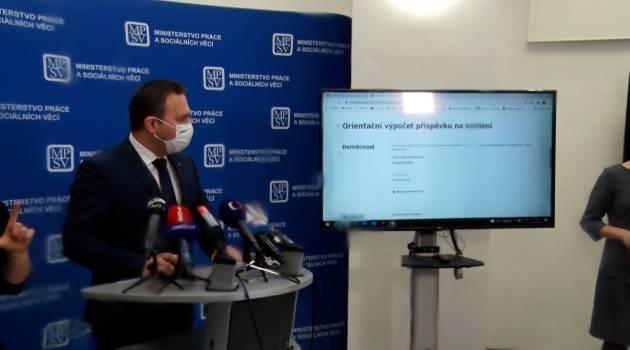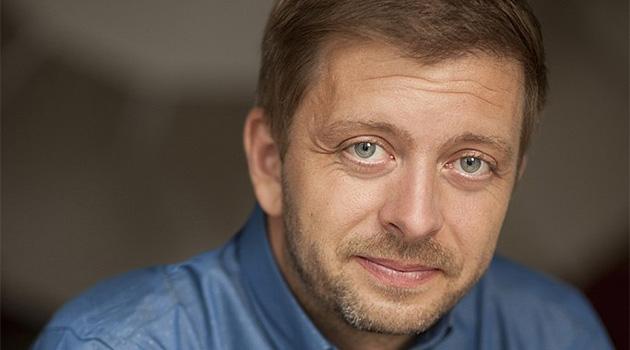Czech Govt raises minimum levels of income baselines for benefit calculations this month by 10 %, still less than actual inflation

On 30 March, the Czech Government decided to raise the official cost of living and subsistence minimums to aid households with increasing prices. Eva Davidová, spokesperson for the Czech Labor and Social Affairs Ministry, communicated the decision to the Czech News Agency.
Czech Television has reported that the levels were to be increased by 10 % as of yesterday, 1 April. According to Davidová, Czech Labor and Social Affairs Minister Marian Jurečka (Christian Democrats – KDU-ČSL) would be giving a statement on the issue once the cabinet session was over.
The minimum levels play a role in assessing people’s claims for aid from the state and when establishing the amounts of some benefits. The cost of living minimum was adjusted most recently in April 2020.
Prior to 1 April 2022, the official cost of living minimum for an adult living alone was CZK 3 860 [EUR 160] per month. For persons living as a family in a common household, the official amount for adults and children was even less than that.
The primary adult person in a household was previously entitled to CZK 3 550 [EUR 145] and the secondary person was entitled to CZK 3 200 [EUR 130]. For children up to the age of six the living minimum was CZK 1 970 [EUR 80], while for those aged six to 15 it was CZK 2 420 [EUR 100] and for those between the ages of 15 and 26, CZK 2 770 [EUR 115].
The subsistence minimum prior to 1 April 2022 was CZK 2 490 [EUR 102] per month. After the increase to the official minimums, more families will be able to access child allowance benefits or parental benefits.
Contributions paid to foster caregivers who are related to those they care for will also increase. The official minimums also play a role in granting increases to the other caregiver allowances or for determining the amounts of emergency immediate assistance benefits.
The amount of the non-collectable minimum assets held by debtors will also be higher. Alimony and child support levels are also derived from these official minimums.
The amounts are set by Government regulation. By law, the Government can valorise them from January 2022 if the cost of food and personal necessities increased by at least 5 % over the period.
However, the minimums can also be modified under exceptional circumstances. The cost of living in the Czech Republic has increased significantly since April 2020.
Energy, groceries, and other goods are all more expensive. Prior to this increase, the most recent adjustment to the official minimums took into consideration the price rises that had happened by the end of September 2019.
According to the rules, that means the current increase should take into account price developments from October 2019. According to the Statistical Office, consumer prices in the Czech Republic have risen by 17.3 % since then until February this year.
If the subsistence level were adjusted by about 17 %, it would amount to about CZK 4 520 [EUR 185] for an adult living alone, i.e., CZK 660 crowns [EUR 27] more. Raising the subsistence level minimum has been mentioned by ministers in recent weeks as being among the measures considered to compensate for price rises.
The cabinet has also talked about a possible increase in minimums for parental leave, mobility allowances for the disabled, and tax rebates for taxpayers with children. Czech Deputy Prime Minister Ivan Bartoš (Pirates – Piráti), said mid-week that the coalition had not yet agreed on an increase in the parental allowance.
